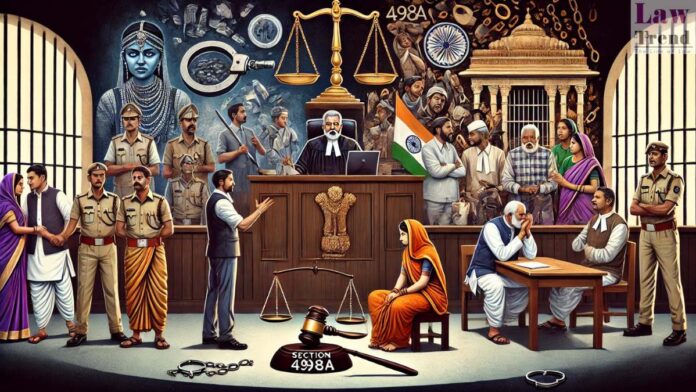High Court of Delhi, in a significant ruling on a matrimonial dispute, has quashed criminal proceedings against the relatives of a husband, terming the complaint against them a “malicious afterthought” and an abuse of the legal process. Justice Arun Monga held that the proceedings were initiated not to seek justice but to “arm-twist” the petitioners
To Read More Please Subscribe to VIP Membership for Unlimited Access to All the Articles, Download Available Copies of Judgments/Order, Acess to Central/State Bare Acts, Advertisement Free Content, Access to More than 4000 Legal Drafts( Readymade Editable Formats of Suits, Petitions, Writs, Legal Notices, Divorce Petitions, 138 Notices, Bail Applications etc.) in Hindi and English.




